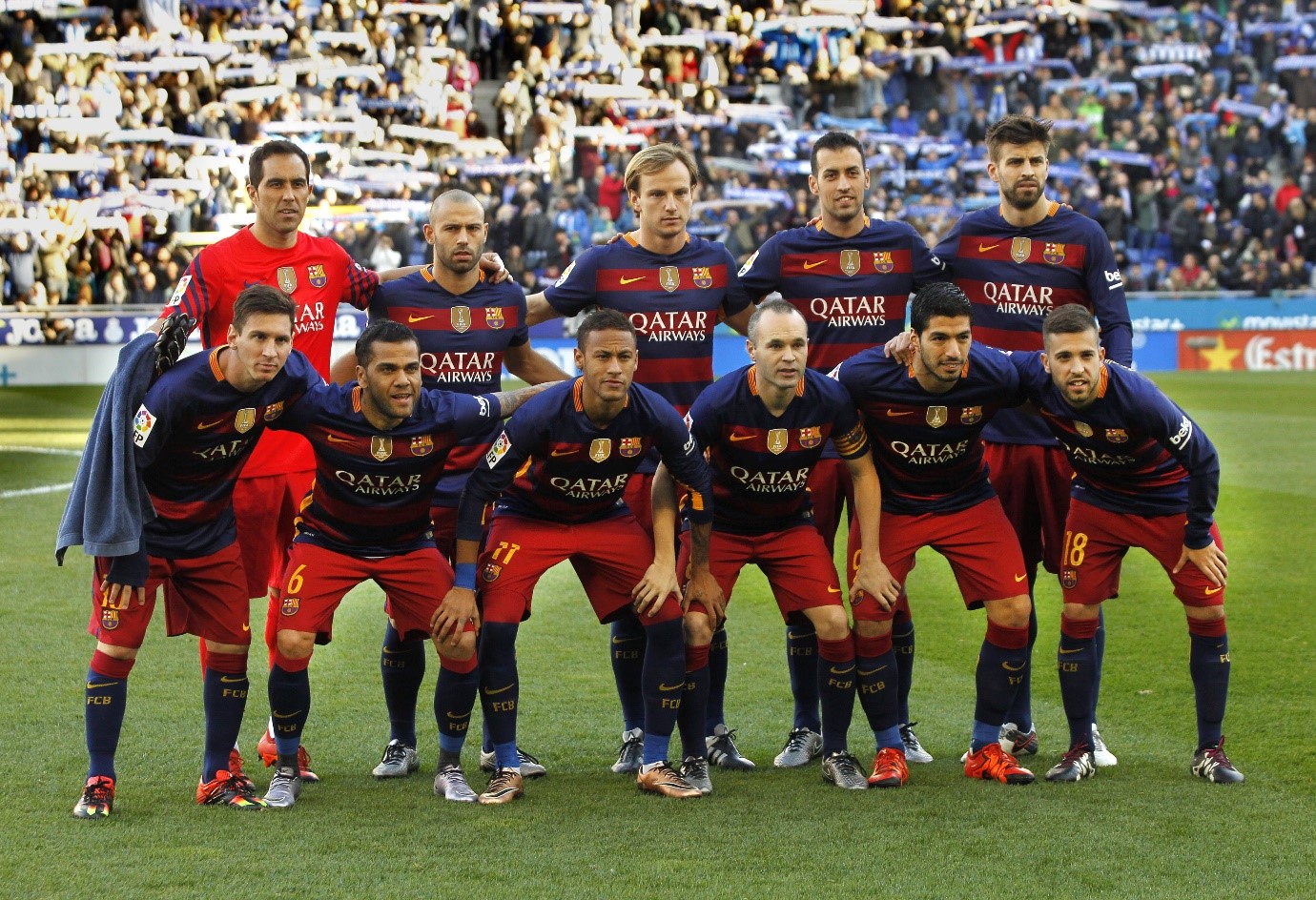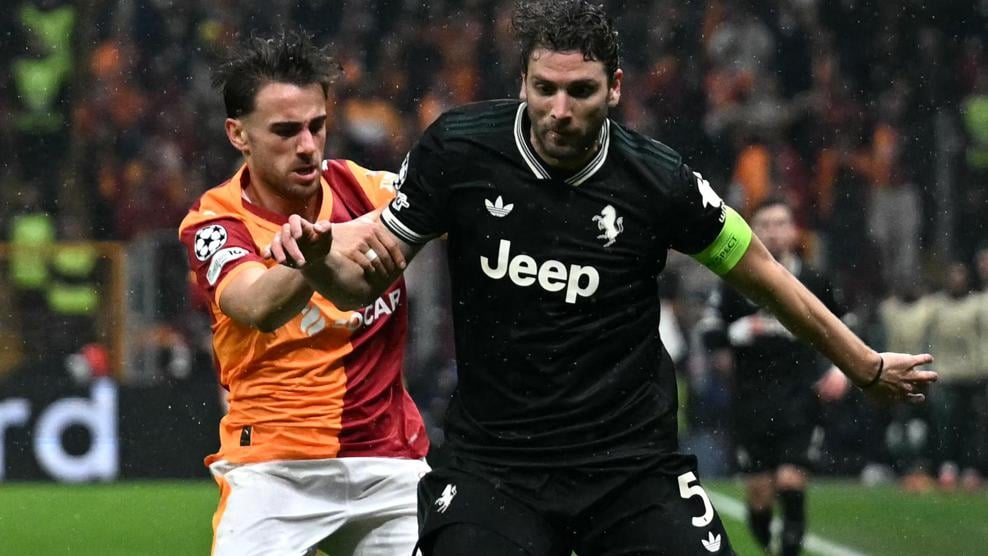Remembering Barcelona's last Champions League victory in 2015
Barcelona's return to the top of European football

Barcelona's return to the top of European football feels like a team finally finding its rhythm under Hansi Flick. Ten years after their last Champions League win, the club has built a side that blends young talent with modern tactics – a nod to their famous past, but with a fresh new energy.
Under Flick’s leadership, Barcelona have found clarity. His calm, structured approach has brought life back to a team that had lost its way in Europe. Even with financial challenges hanging over them, they've put together a squad that plays the Barca way – something that is reflected in the Champions League odds ahead of the business end of the season.
What makes this Barcelona side so captivating is the beautiful symmetry between their present renaissance and their last period of European dominance. The current blend of La Masia graduates and strategic acquisitions mirrors the perfect alchemy that defined Luis Enrique's treble-winning side of 2015 – a team that rewrote the boundaries of footballing excellence and claimed Barcelona's fifth Champions League trophy.
As Flick's Barcelona dream of European glory, let us journey back to Barca’s magnificent 2014/15 campaign that culminated in Berlin's Olympic Stadium, where Barcelona's technical brilliance overcame Juventus's Italian resilience.
The Enquire era
When Enrique assumed Barcelona's managerial position in 2014, scepticism shadowed his every move. Following in Pep Guardiola's footsteps presented a challenge that had already consumed both Tito Vilanova and Gerardo Martino, especially after losing La Liga on the final day of the previous season to Atletico Madrid. Barcelona's identity seemed fractured, their dominance waning.
Enrique's response was both bold and brilliant – a tactical evolution that respected Barcelona's possession principles while injecting vertical directness that had previously been absent – counter-attacking, transitions, and a deadly eye for goal made them regular favourites with a football bet.
His vision required the perfect attacking triumvirate, which materialised in the now-legendary MSN combination – Lionel Messi, Luis Suárez, and Neymar – perhaps the most devastating attacking trident football has ever witnessed.
The acquisition of Suárez from Liverpool proved transformative. Despite serving a suspension for the season's early months, the Uruguayan's integration into the team catalysed their European campaign. Suárez brought tenacity, clinical finishing, and selfless movement that complemented Messi's genius and Neymar's flair, creating an attacking force that terrified defences across the continent.
Barcelona's path to glory featured emphatic statements against Europe's elite. The quarter-final dismantling of Paris Saint-Germain (5-1 aggregate) showcased their attacking fluidity, while the semi-final triumph over Bayern Munich (5-3 aggregate) – including Messi's mesmerising performance at Camp Nou – confirmed their superiority.
Some Berlin brilliance
The final in Berlin against Juventus was more than just a game – it was the peak of Enrique’s vision. Barcelona’s 3–1 win showed off their mix of flexibility and attacking power.
Ivan Rakitić opened the scoring early, setting the tone for a composed and confident performance.
Even after Álvaro Morata levelled for Juventus, Barca didn’t panic. Suárez quickly put them back in front with a sharp finish, and Neymar sealed it in stoppage time.
The win completed a historic treble – Champions League, La Liga, and Copa del Rey – for the second time in six years. It confirmed Barcelona as the standout club of the decade. For Enrique, it was proof his ideas worked. For the players – especially Xavi, playing his final game for the club – it was the perfect ending to a golden era.
A look to the future
Today's Barcelona, under Flick's guidance, bears striking resemblances to that 2015 vintage. The emphasis on technical excellence remains, but there's a pragmatic edge that acknowledges modern football's physical demands. Young talents like Lamine Yamal, Pedri, and Gavi embody La Masia's enduring philosophy, while Robert Lewandowski provides the clinical edge that Suárez once delivered.
What truly connects these eras, however, is the pursuit of football that transcends mere results. Barcelona's identity has always been defined not just by winning, but by winning beautifully – a principle that both Enrique and Flick embrace.
As the Champions League anthem echoes through Europe's grandest stadiums this season, Barcelona's players carry not just their own ambitions but the weight of a legacy that demands excellence. In Flick, they have found a conductor who understands both the music and the musicians – a combination that makes dreams of European glory not just possible, but increasingly probable.







